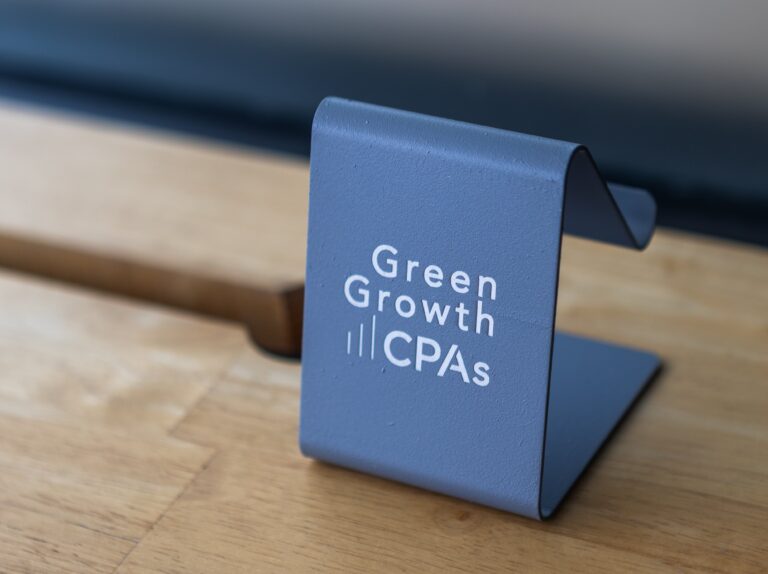The cannabis industry is experiencing unprecedented growth, and with the latest IPO boom, now is the perfect time for cannabis companies to go public in Canada. Going public can provide significant opportunities for expansion, access to capital, and increased visibility in the market.
In this comprehensive guide, we will walk you through the steps and important considerations for successfully taking your cannabis company public in Canada. Whether you are planning to go public in the next 12-36 months or are simply exploring the option, this guide will provide you with valuable insights and expert advice to navigate the process effectively.
Understanding the Canadian Stock Exchanges
Before diving into the process of going public, it is important to understand the different stock exchanges in Canada. There are three main exchanges to consider: the Toronto Stock Exchange (TSX), the Toronto Venture Exchange (TSXV), and the Canadian Stock Exchange (CSE).
- The TSX is the largest stock exchange in Canada and is equivalent to the New York Stock Exchange in the United States. It is suitable for well-established cannabis companies with strong revenue performance and significant assets.
- The TSXV, also known as Toronto’s Venture Exchange, is designed for startup companies that have been in business for a shorter period of time and may not have substantial revenues or assets. It provides a platform for smaller cannabis companies to go public and attract investors.
- The CSE, or Canadian Stock Exchange, is a newer exchange that has become the primary choice for most cannabis companies going public. It offers a more straightforward application process, making it easier for startups to list their shares and raise capital. The CSE has emerged as a popular exchange for cannabis companies due to its focus on the industry and its supportive regulatory framework.
Steps to Take Your Cannabis Company Public in Canada
When considering taking your cannabis company public in Canada, there are two main approaches: a Reverse Takeover (RTO) or an Initial Public Offering (IPO). While the IPO is the more traditional method, the RTO has become the preferred route for most cannabis companies. Let’s explore the RTO process in more detail:
- Identify a Shell Company: In an RTO, you will identify a publicly traded shell company in Canada. This shell company is often a dormant entity with minimal activity. Acquiring this shell company allows you to become a publicly listed company.
- Due Diligence: Before proceeding with the acquisition, thorough due diligence is crucial. This involves assessing the shell company’s financials, legal standing, and any potential liabilities that may transfer to your company.
- Prepare Listing Documents: As part of the RTO process, you will need to prepare various listing documents, including a listing statement, RTO circular, prospectus, and financial statements. These documents provide essential information about your company, its financial highlights, and business plan.
- Shareholder Approval: A shareholder meeting will be held at the target company to approve the takeover. This step ensures transparency and compliance with regulatory requirements.
- File Listing Statement with the Exchange: Once the necessary documentation is prepared, you will file the listing statement with the exchange. This statement allows the general public to understand your company and its financial performance.
As a publicly listed company in Canada, it is important to comply with regulatory requirements and provide transparent information to investors. You can access and publish your company’s filings and financial statements through SEDAR (System for Electronic Document Analysis and Retrieval), a valuable resource that allows investors and other stakeholders to access public company information.
- Private Placement and Funding: After going public, you can leverage your position to raise additional capital through a secondary offering or private placements. Investment bankers play a crucial role in marketing your business and connecting you with potential investors.
- Ongoing Compliance: As a publicly listed company, you will be subject to ongoing compliance requirements, including regular financial reporting and disclosure obligations. It is essential to work with experienced professionals who can guide you through these compliance processes.
Important Timelines for Going Public
The timeline for taking your cannabis company public in Canada can vary, but a general estimate for an RTO is three to six months. The key to expediting the process is proper preparation and organization. Ensure that your financial statements are in order, and that you have a seasoned team familiar with International Financial Reporting Standards (IFRS) and Canadian auditing standards. It is also crucial to allocate sufficient time for due diligence when selecting a shell company to avoid any unwanted liabilities.
Partners and Service Providers
When taking your cannabis company public, you will collaborate with several key partners and service providers who play vital roles in the process. These include lawyers, auditors, and investment bankers.
- Lawyers: Security lawyers specialize in Canadian security laws and regulations. They will guide you through the legal requirements of going public, assist with documentation, and act as a liaison between you and the exchange. It is important to work closely with experienced securities lawyers who can navigate the complex legal landscape and ensure compliance.
- Auditors: Auditors are responsible for auditing your financial statements and providing an independent assessment of your company’s financial performance. Look for auditors who not only comply with Canadian auditing standards but also possess a deep understanding of the cannabis industry. They can provide valuable insights and guidance in preparing your financial statements and ensuring compliance with IFRS.
- Investment Bankers: Investment bankers are instrumental in marketing your business, setting up roadshows, and connecting you with potential investors. They assist in establishing a valuation for your company and facilitate private placements or secondary offerings. Collaborating with experienced investment bankers can enhance your fundraising efforts and provide strategic guidance for future growth opportunities.
Auditing Standards and Financial Statements
To meet the requirements of going public, your cannabis company will need to adhere to Canadian auditing standards and financial reporting standards. Canadian auditing standards, known as the Canadian Auditing Standards (CAS), govern the audit process and ensure the accuracy and reliability of your financial statements. Your auditor must be registered with the Canadian Public Accounting Board (CPAB) to comply with these standards.
Financial statements play a crucial role in the listing process. You will be required to file three years of financial statements, along with other documents such as management discussion and analysis (MD&A) and performance reports. These financial statements should provide a clear picture of your company’s net sales, net income, total assets and liabilities, and other key financial metrics. It is important to consult with experts who understand IFRS and can guide you in preparing accurate and transparent financial statements.
Lorem ipsum dolor sit amet, consectetur adipiscing elit. Ut elit tellus, luctus nec ullamcorper mattis, pulvinar dapibus leo.
How to Raise Money When Taking Your Cannabis Company Public in Canada
One of the primary benefits of going public is the ability to raise capital. The amount of money you can raise depends on various factors, including your business plan, valuation, and market conditions. It is important to assess your financial needs and determine how much capital is required to support your growth objectives.
The Canadian Stock Exchange has been a favorable platform for cannabis companies to access capital. Many companies have successfully raised millions of dollars through public offerings on the CSE. With the increasing interest in the cannabis industry, investors are actively seeking opportunities to invest in this growing sector. By going public, you can tap into this investor demand and secure the funding necessary to expand your operations and develop new projects.
Conclusion
Taking your cannabis company public in Canada can be a transformative step towards achieving your growth and expansion goals. By following the steps outlined in this guide and working with experienced professionals, you can navigate the complexities of the process and position your company for success.
Remember to conduct thorough due diligence, collaborate with trusted partners, and ensure compliance with Canadian cannabis auditing and financial reporting standards. Going public offers significant opportunities for funding, visibility, and market expansion, and with the right strategies in place, you can unlock the full potential of your cannabis business.





